Burden of ages: Call for early resolution of Kashmir dispute
Both India, Pakistan stand to gain in terms of trade, stability, say speakers.
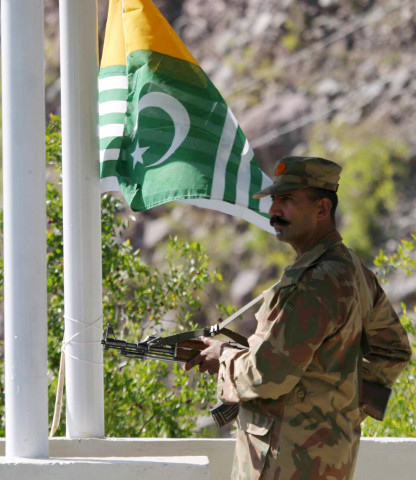
Both India, Pakistan stand to gain in terms of trade, stability, say speakers. PHOTO: FILE
Speakers have cautioned that stability in the South Asia especially in the sub-continent will remain a dream unless the Kashmir dispute was resolved. At the same time, they urged the world powers and international leaders to intervene to help settle the dispute for good.
They were speaking at the concluding ceremony of a two-day conference on Kashmir titled “Kashmir- challenges and prospects”, organised by a think tank, MUSLIM Institute here on Thursday.
Air Marshal (retd) Masood Akhtar stressed that Pakistan must first set its house in order and solve its soaring problem of terrorism if it expects to find any international support for its stance on Kashmir. He said that individuals committed to the Kashmiri cause must be appointed to important state bodies like the Kashmir Committee instead of being used for political leverage. India must be nudged to understand that it has much to gain from a resolution of the Kashmir issue, including access to much needed energy through Pakistan, heightened regional security and greater trade linkages etc.
Former head of the ISI, General Hameed Gul stressed the need for Pakistan to stick to its stance at all international forums and actively lobby for placing pressure on India for the resolution of the Kashmir dispute.
Leader of the opposition in Senate Raja Zafarul Haq said that Pakistan has a clear stance on Kashmir and will continue its political diplomatic and moral support to the people of Kashmir.
Addressing the concluding session of the conference, MUSLIM Institute Patron-in-Chief Sultan Muhammad Ali said that the presence of seven hundred thousand troops in Kashmir negates any claim by India of being a modern democracy. Its violation of human rights in the valley stands out as outmoded barbarism in the era of modern civilization.
Leader of the Kashmiri liberation movement Syed Ali Gilani in a telephonic address stressed that Pakistan must not settle for negotiations until it is in a position of strength to back its principled stance in the face of Indian aggression.
Leader of All Parties Hurriyat Conference Mirwaiz Umer Farooq addressing via a video-link said the dispute cannot be bilateral by definition as the Kashmiri people themselves are the most important stakeholders in the issue.
Published in The Express Tribune, March 28th, 2014.

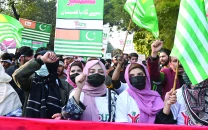
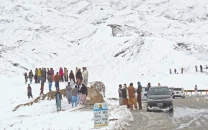
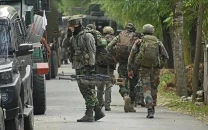
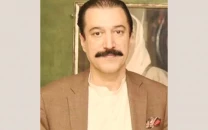
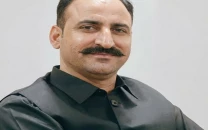













COMMENTS
Comments are moderated and generally will be posted if they are on-topic and not abusive.
For more information, please see our Comments FAQ